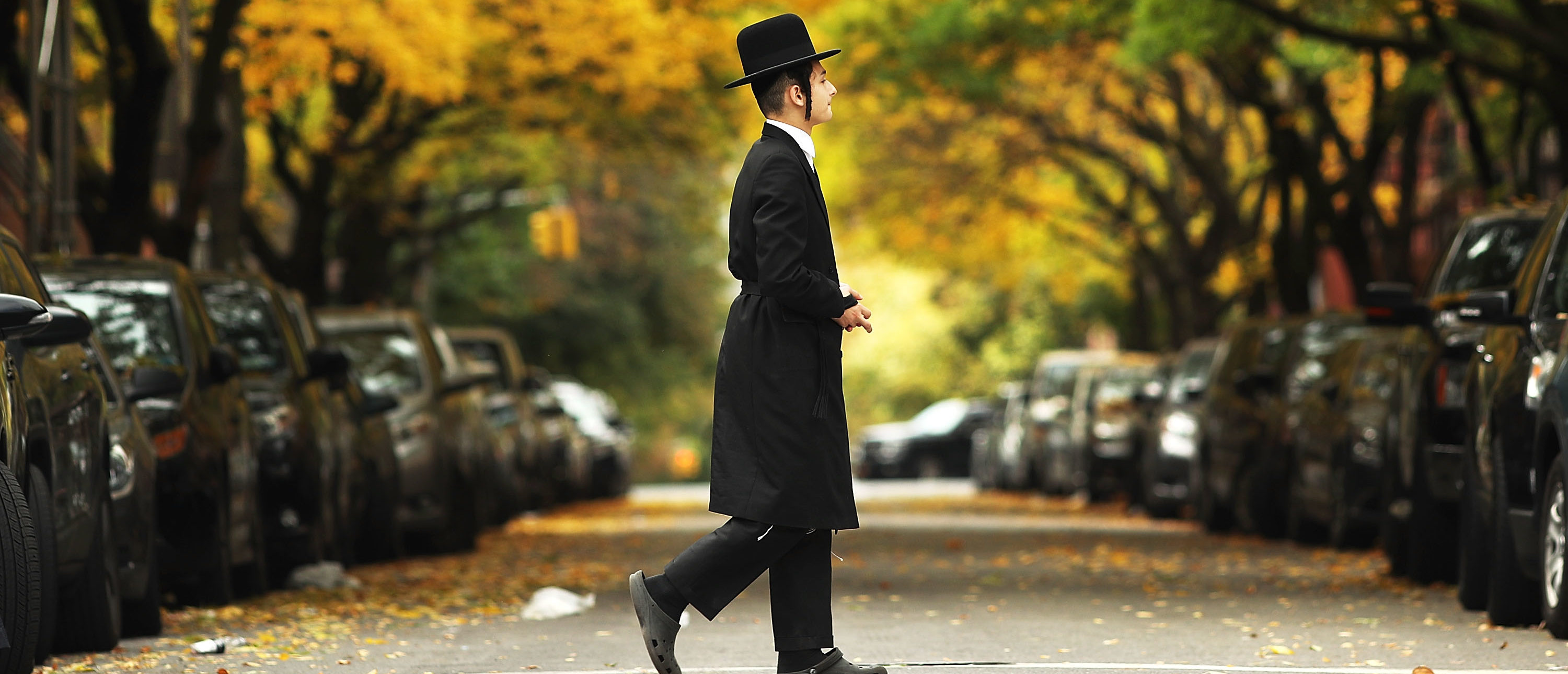By: Kelly Shackelford – dailycaller.com – January 16, 2019
Today, Americans will pause to honor one of the core principles upon which our nation was founded: religious freedom.
On January 16, 1786, the Virginia Statute for Religious Freedom — the forerunner to the First Amendment penned by Thomas Jefferson — was adopted.
In it, Jefferson stated that “no man shall be compelled to frequent or support any religious worship, place, or ministry whatsoever,” and “all men shall be free to profess, and by argument to maintain, their opinion in matters of religion, and that the same shall in no wise diminish, enlarge, or affect their civil capacities.”
In these words, one can hear the echoes of what would become the religion clauses of our First Amendment. The First Amendment’s Establishment Clause is a pledge that the government will not coerce religious exercise by establishing a state church but is balanced against a proactive commitment to protect the free exercise of faith.
Even as we have robust protections for our first freedom ensconced in our First Amendment, challenges to this freedom remain.
Next month, the U.S. Supreme Court will hear arguments in an area of the law that Justice Clarence Thomas once described as being “in hopeless disarray.”
While Veterans’ memorials are living reminders of the service and sacrifice of those who gave their lives defending our country and the freedoms we all enjoy, the U.S. Court of Appeals for the Fourth Circuit declared unconstitutional the historic Bladensburg World War I Veterans Memorial.
The court concluded that the memorial, which has stood since 1925 in honor of 49 Prince George’s County men who died during WWI, violates the First Amendment’s Establishment Clause because it bears the shape of a cross.
It is wrong to suggest that the mere presence of a cross-shaped veterans memorial on government property establishes an official state religion. The mere existence of a cross-shaped memorial on public property doesn’t coerce anyone to believe anything.
Perhaps The American Legion v. American Humanist Association will be the case to bring much-needed clarity to the law governing our Establishment Clause.
The Free Exercise Clause requires similar vigilance. No one should feel like they have to worship “underground,” hiding from the government or fearing punishment for what is supposed to be the free exercise of religion. But in the Village of Airmont, New York, for those Orthodox Jewish neighbors meeting for prayer in the homes of their rabbis, that has become normal.
The nomination of William P. Barr to the position of Attorney General of the United States makes this case all the more relevant.
Soon after the Village of Airmont incorporated in 1991, then-U.S. Attorney General William P. Barr sued Airmont, alleging that its zoning policies were blatant religious discrimination. His was the first of several civil rights lawsuits spanning five different presidential administrations brought against the Village of Airmont.
Last month, a new federal lawsuit was filed on behalf of several residents alleging that government officials in the Village of Airmont, New York, continue to engage in systematic discrimination to prohibit Orthodox Jewish residents from practicing their faith.
These cases and others demonstrate that there is still much work to do in restoring and preserving the promises of the First Amendment. Given that more than two-thirds of Americans cannot name two or more rights guaranteed by the First Amendment — including our right to religious liberty — it should come as no surprise that our first freedom is in peril.
The Founders understood the essential nature of religious liberty to all other freedoms, placing it first in our Bill of Rights. For more than two centuries America has stood as an example to the world of how free people in a civil society prosper when faith is allowed to flourish.
All of us must remain vigilant and continue to stand in defense of this bedrock principle to ensure that every day in America is religious freedom day.
To see this article click read more.
Source: OPINION: Our Religious Freedom Is In Peril, But The Supreme Court Can Help | The Daily Caller
 Listen Online
Listen Online Watch Online
Watch Online Find a Station in Your Area
Find a Station in Your Area









 Listen Now
Listen Now Watch Online
Watch Online
